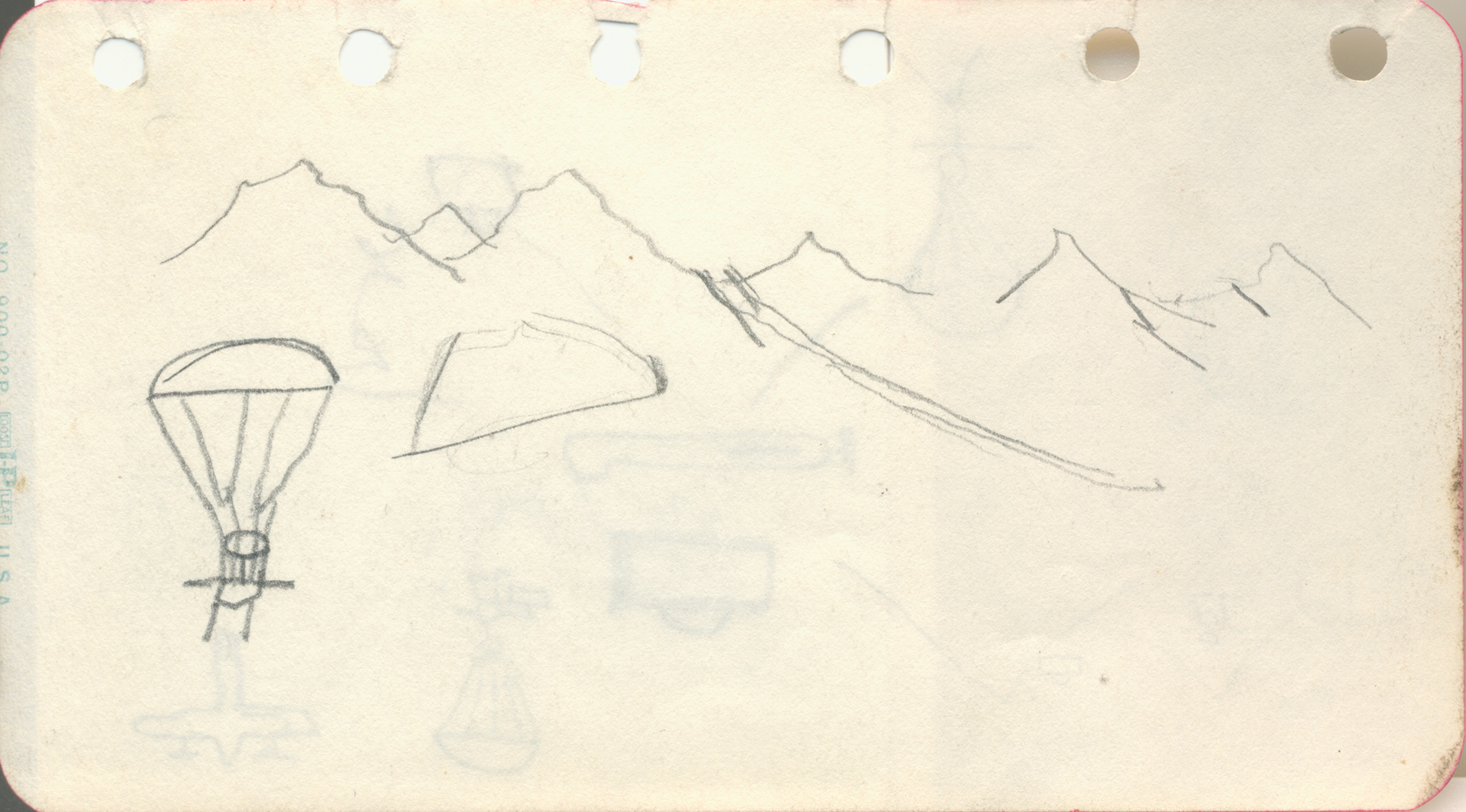Pictogram drawn by American Diplomat in wartime China on behalf of his crew to communicate with local inhabitants after their plane crashed in the ‘unadministered’ areas of Naga Hills overlapping India and Burma in 1943 (image provided to author by Truman Library and Archive)
Lead:
The project is titled Blind Spots and Blank Spaces: borderworlds and frontiers at large (1944-1962), which examines the relationships between violence, development and state-making to investigate how ‘remoteness’ is historically produced at the margins of emergent nation-states.
Abstract:
Since the mid-20th century, the India-Myanmar border-zone has been portrayed as ‘remote’ place, where insurgencies, illicit tradesand ecological resource extraction could thrive. This project questions how certain places are made ‘remote’ despite being part of global events like the Second World War (WWII) and decolonisation. The proposed project investigates how discourses and practices of security and development resulting from external wars (WWII, Sino-Indian conflict 1962) and trans-border armed insurgencies together shaped states and borders. We find the paradox that selective infrastructural connectivity and performances of sovereignty through both violence and development have actually made these areas more isolated. This is contrary to the expectation that after WWII these places would remain globally connected as it was during the war years when ‘distance-demolishing’ technologies and infrastructure had arrived here. The study reveals how some places disintegrate into ‘blank spaces’ as a result of selective policies. This insight is relevant in light of recent policy approaches to transnational ‘corridors’ and inter-Asian ‘connectivity’ that overlook processes of enclosure and exclusion. More broadly, we can understand contests of sovereignty in the margins of states.
The project is funded by the Swiss National Science Foundation’s Early-Postdoctoral Mobility grant to collaborate with Tina Harris at University of Amsterdam and Michael Charney at SOAS, London. The early phase of the project is also institutionally supported by the International Institute of Asian Studies, Leiden, Netherlands and the Highland Institute, Kohima.


